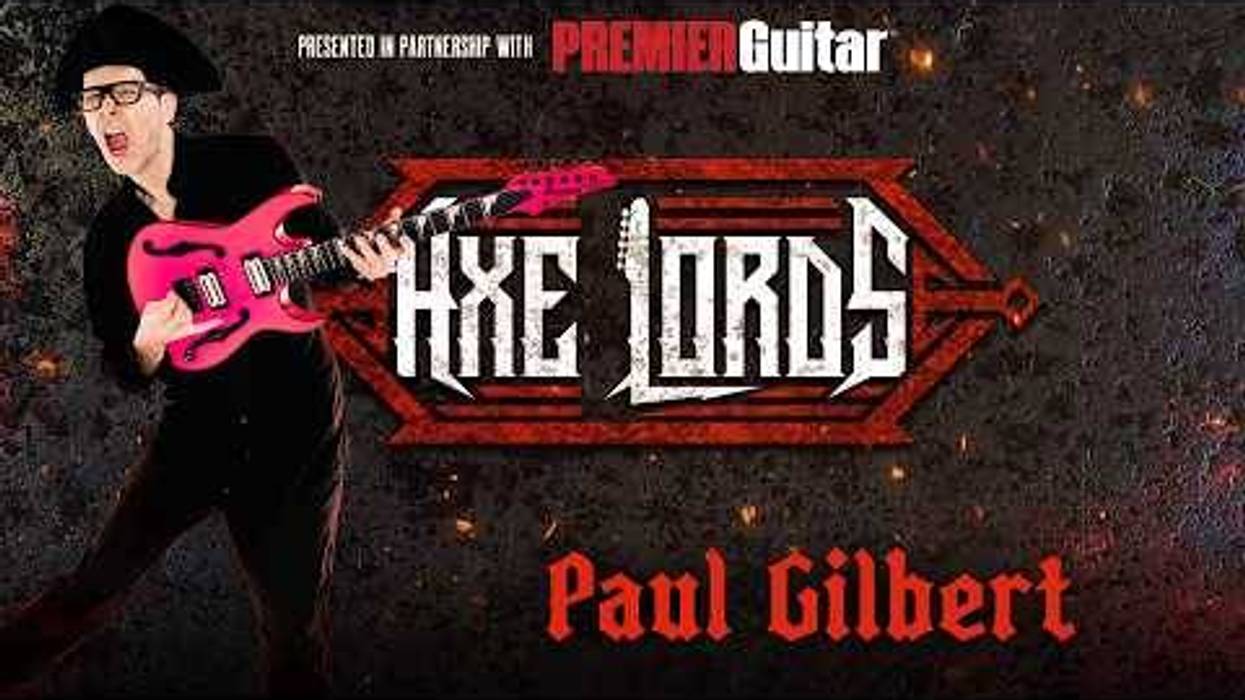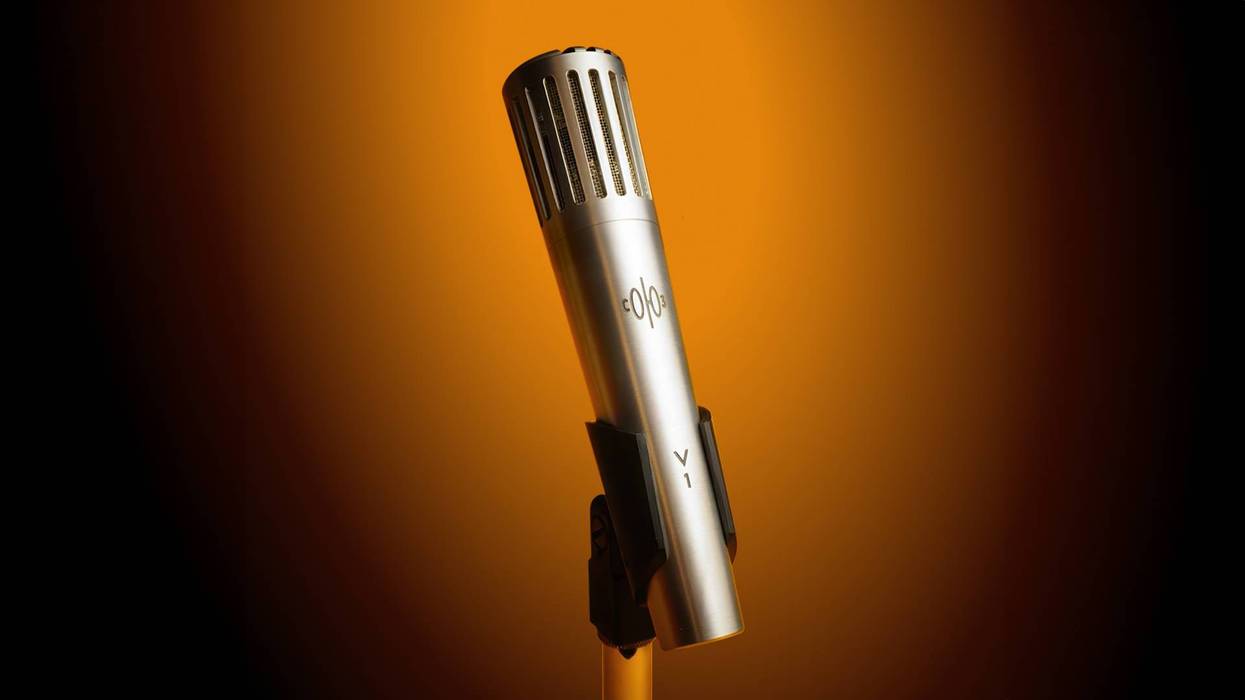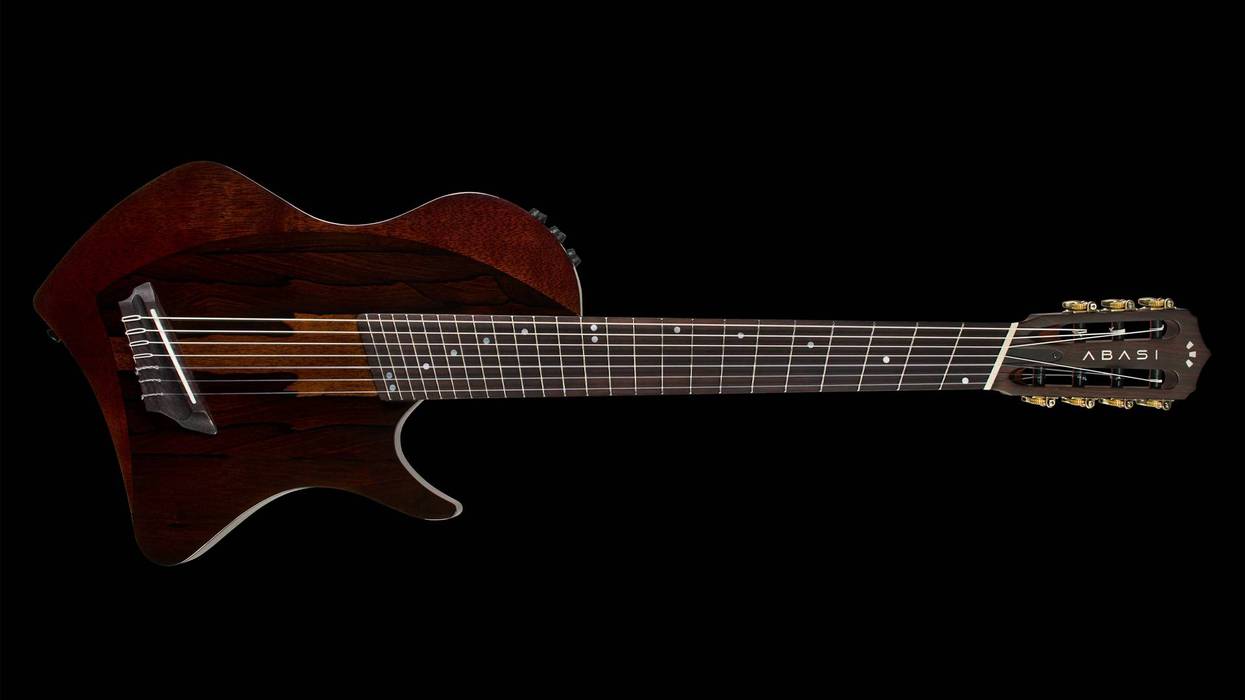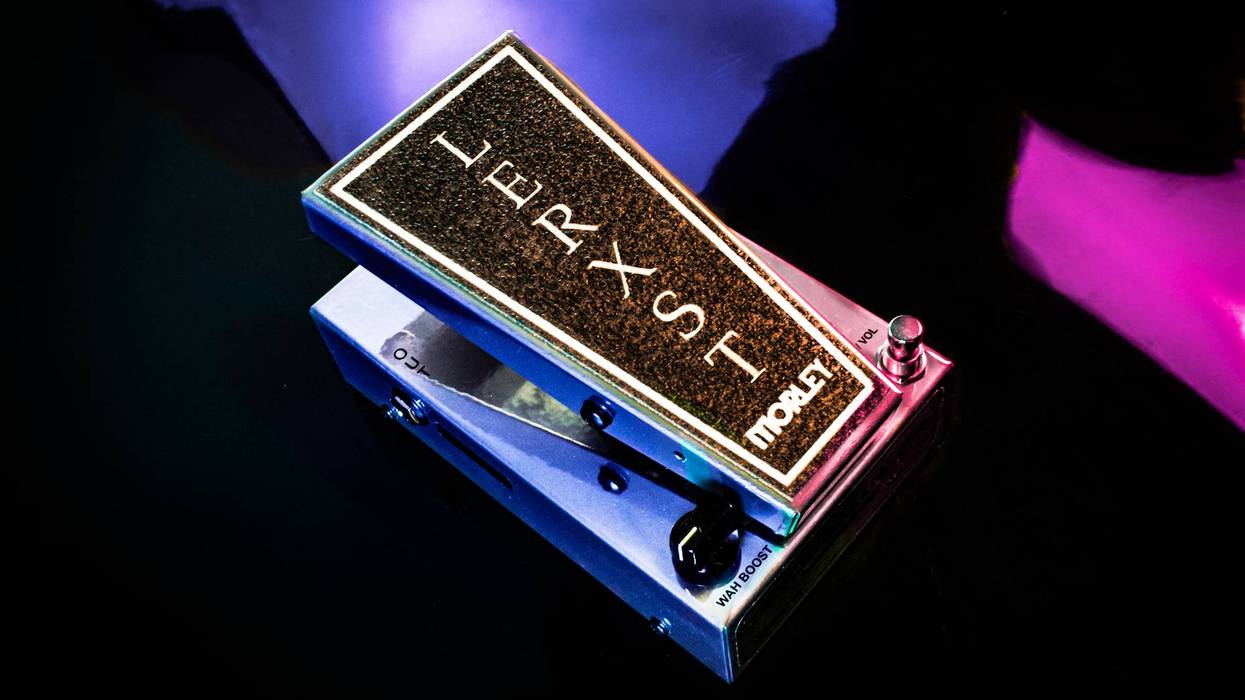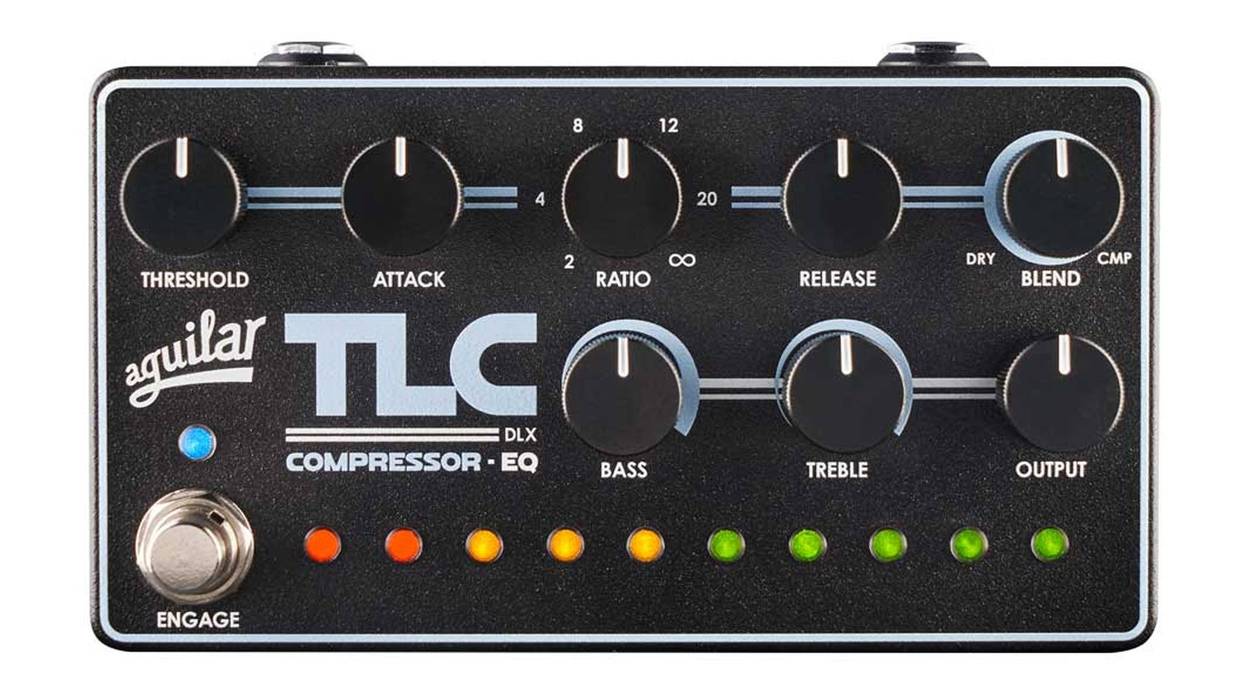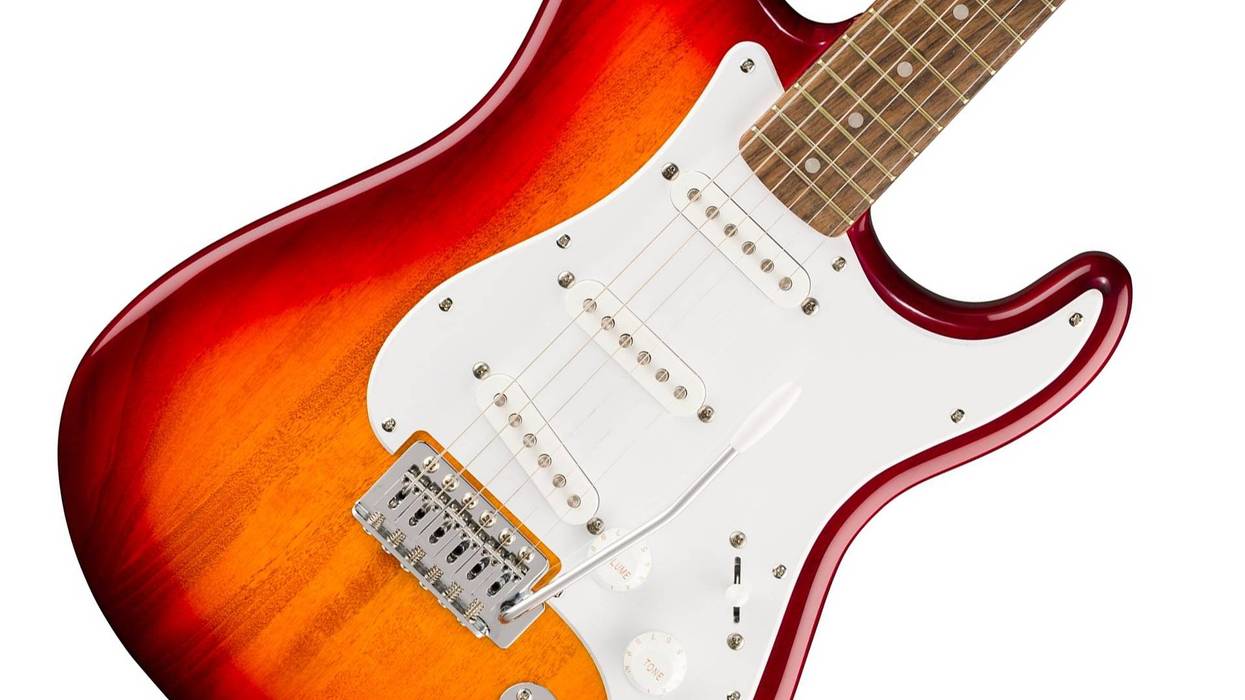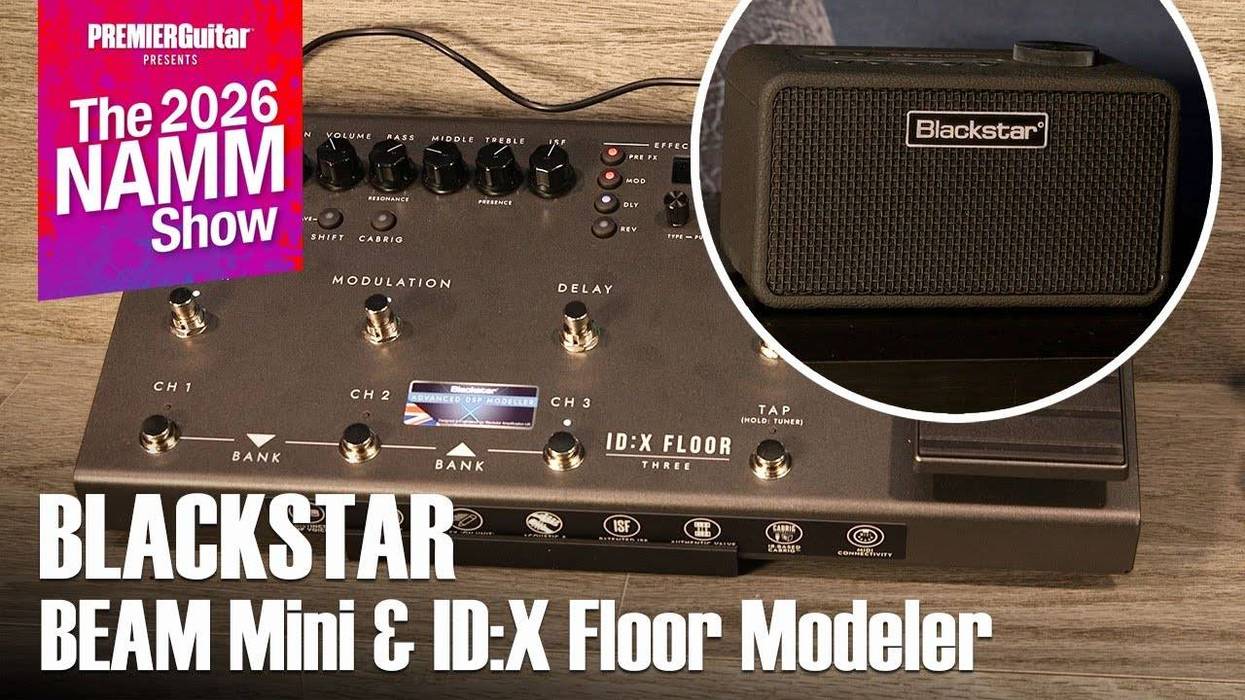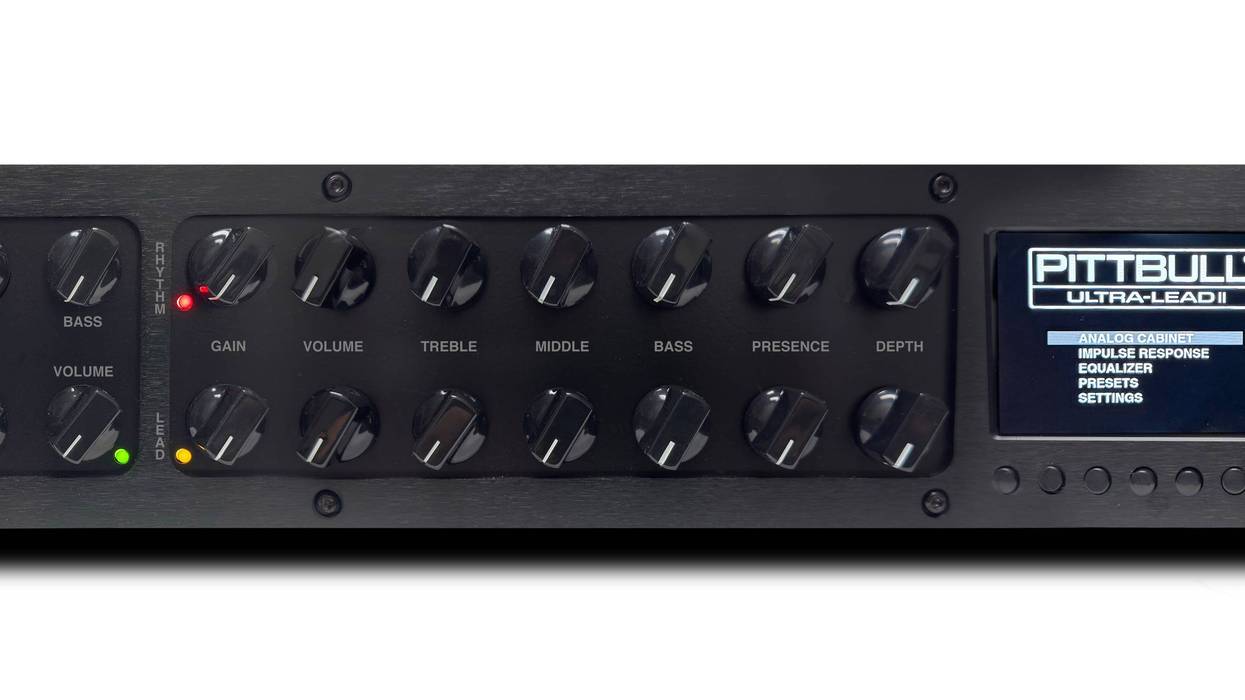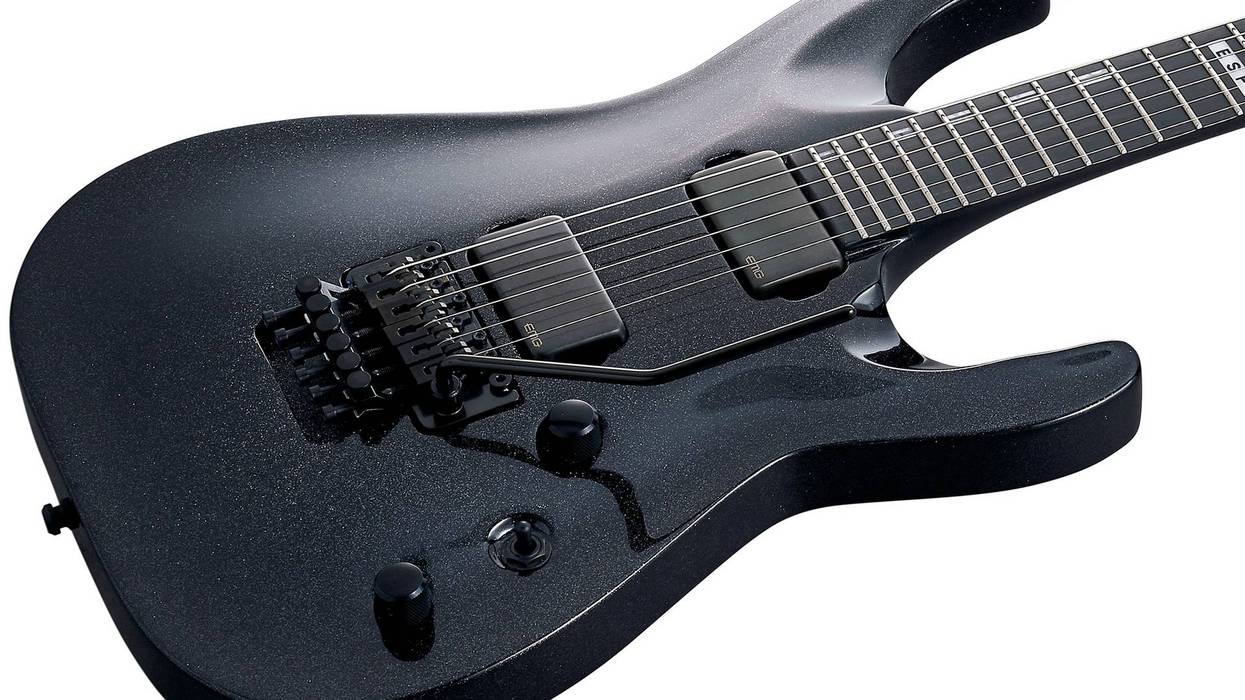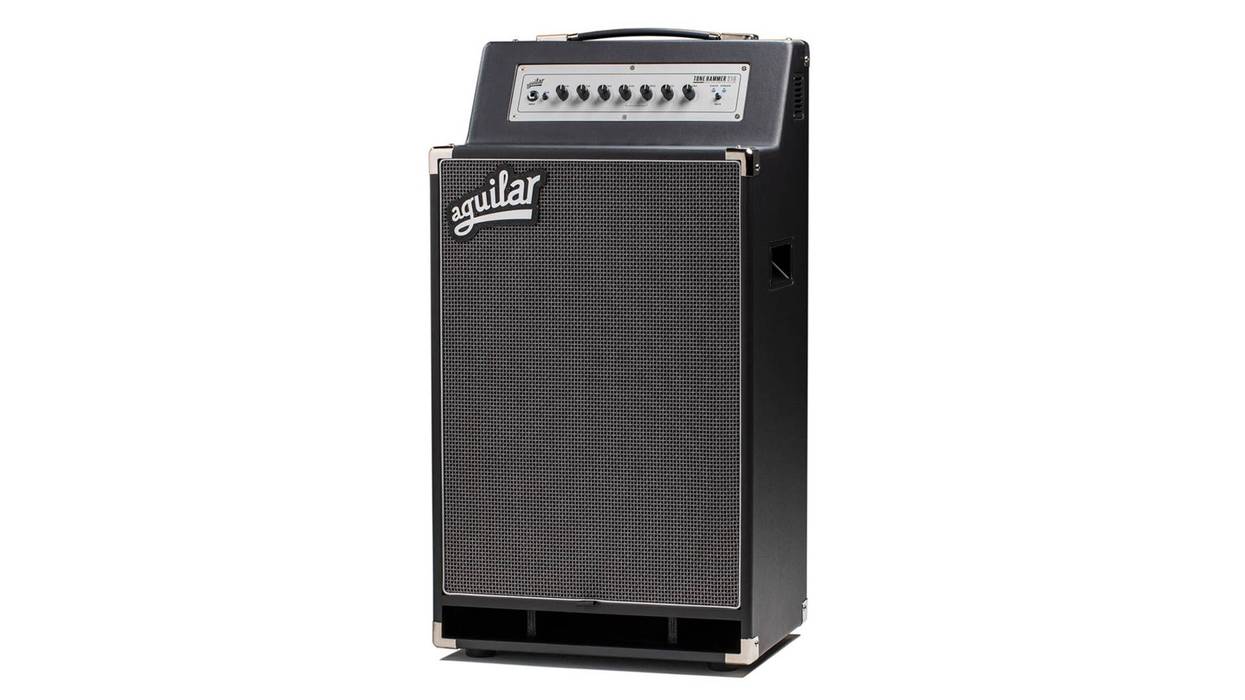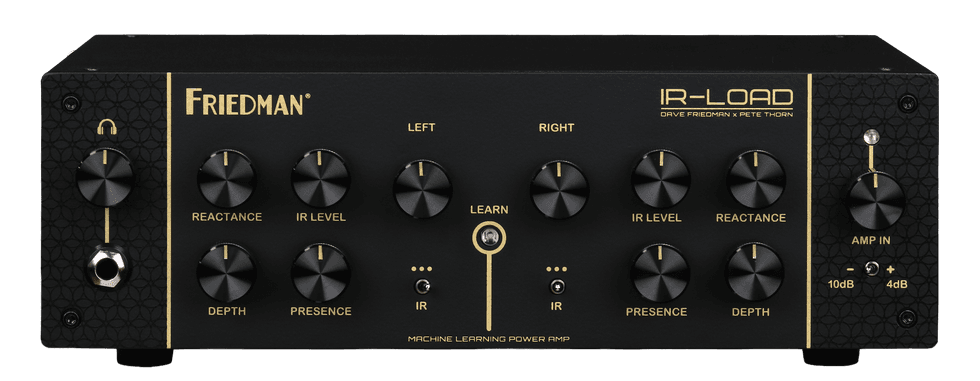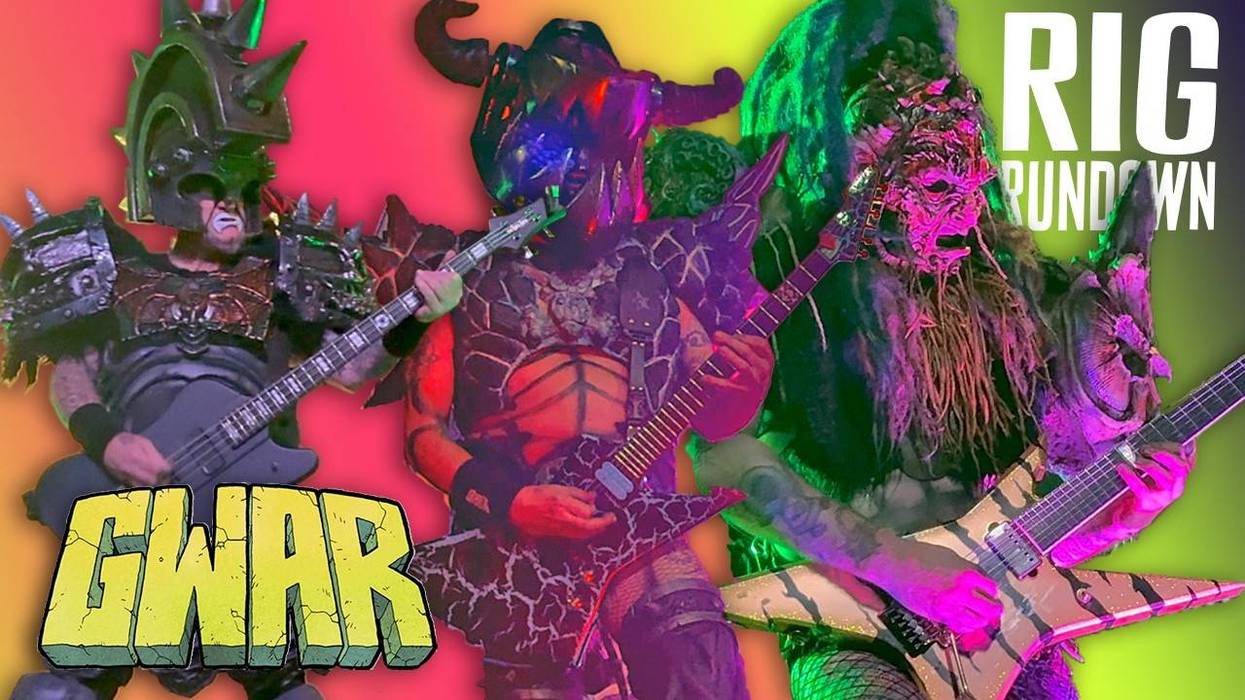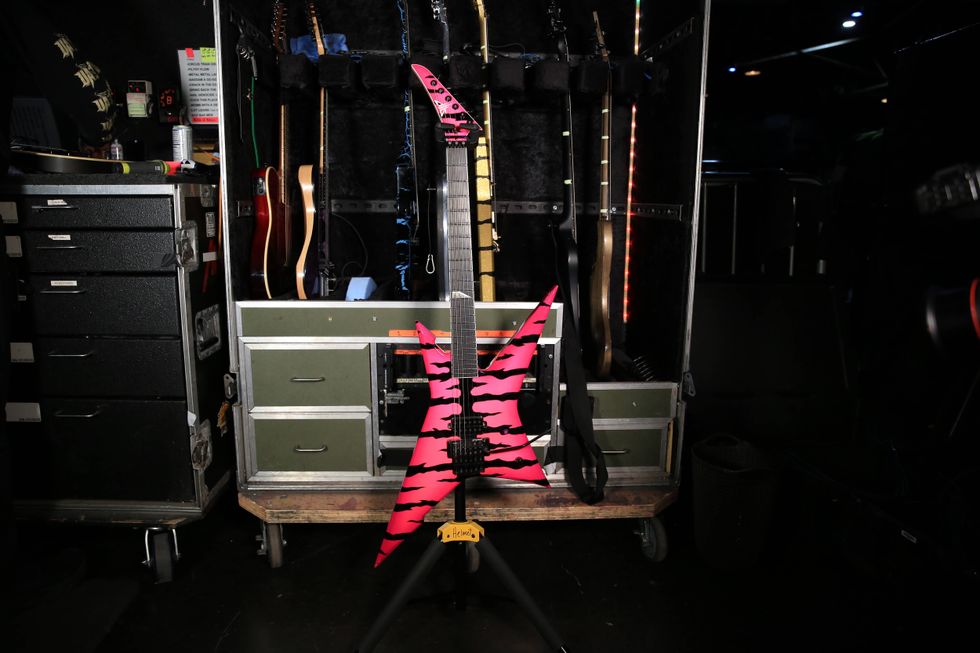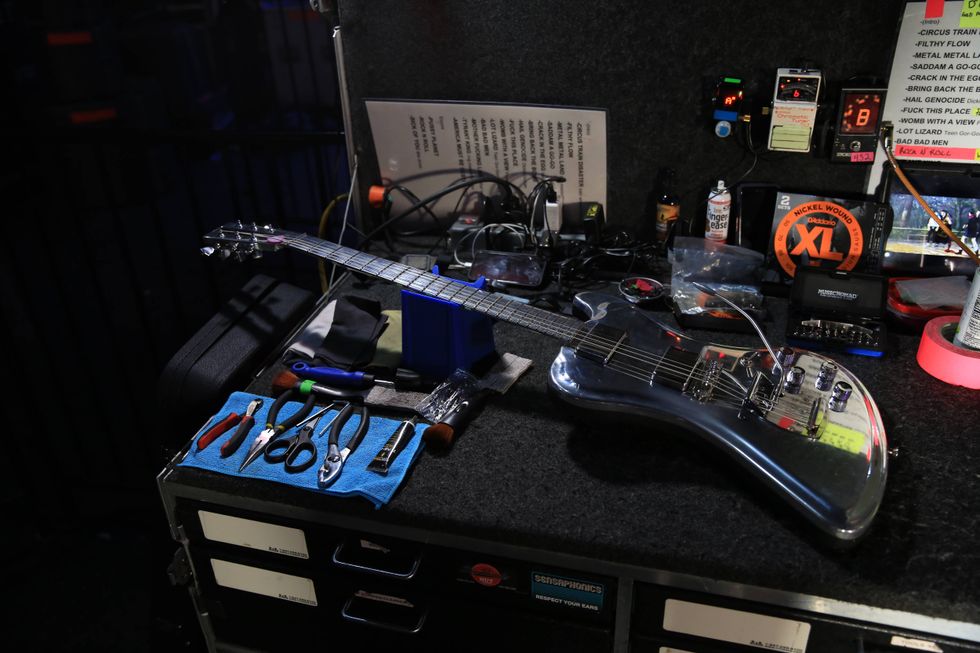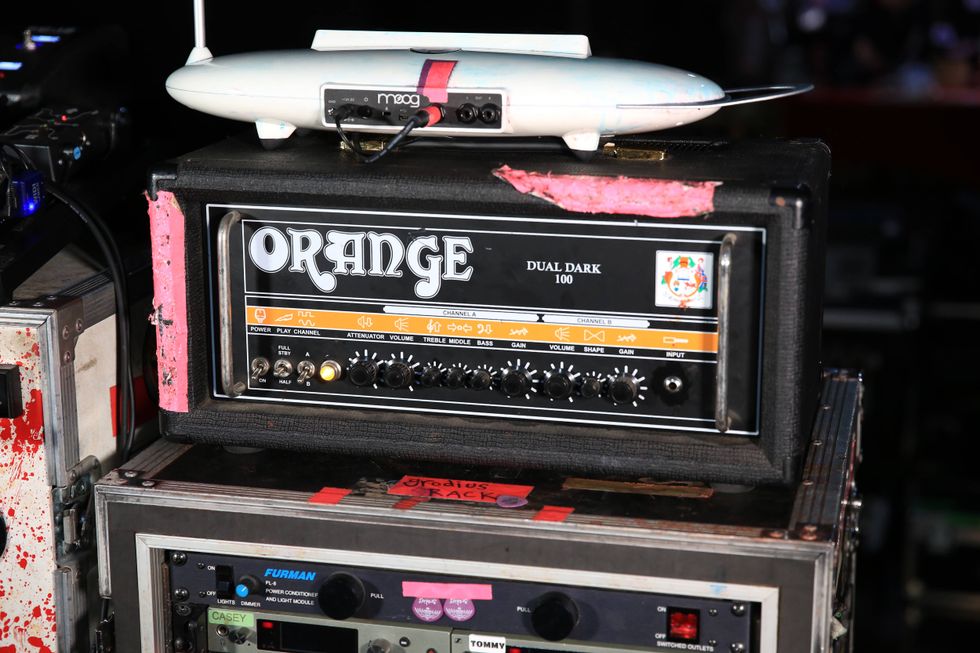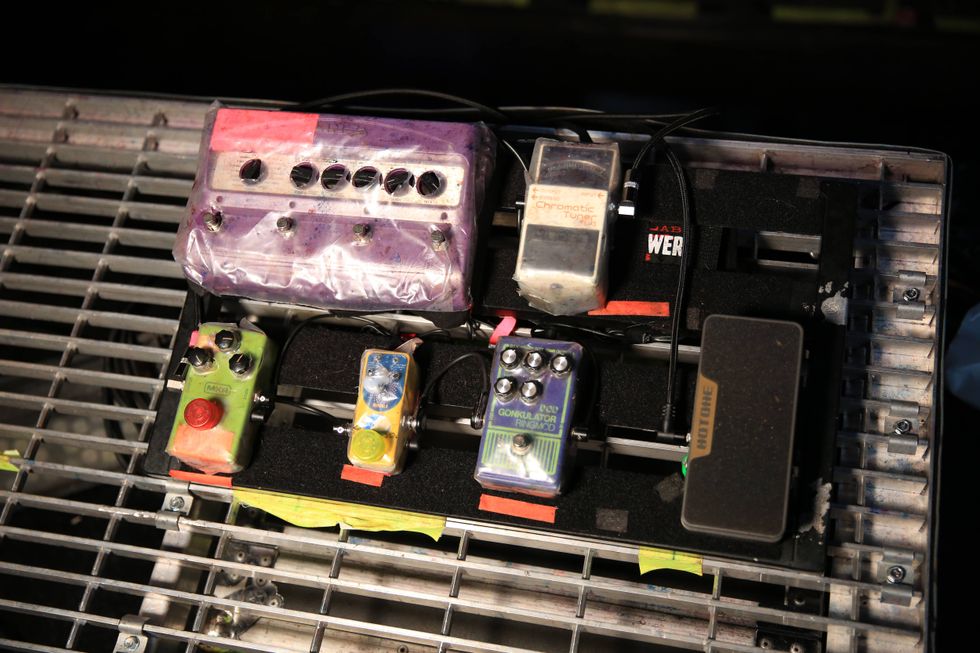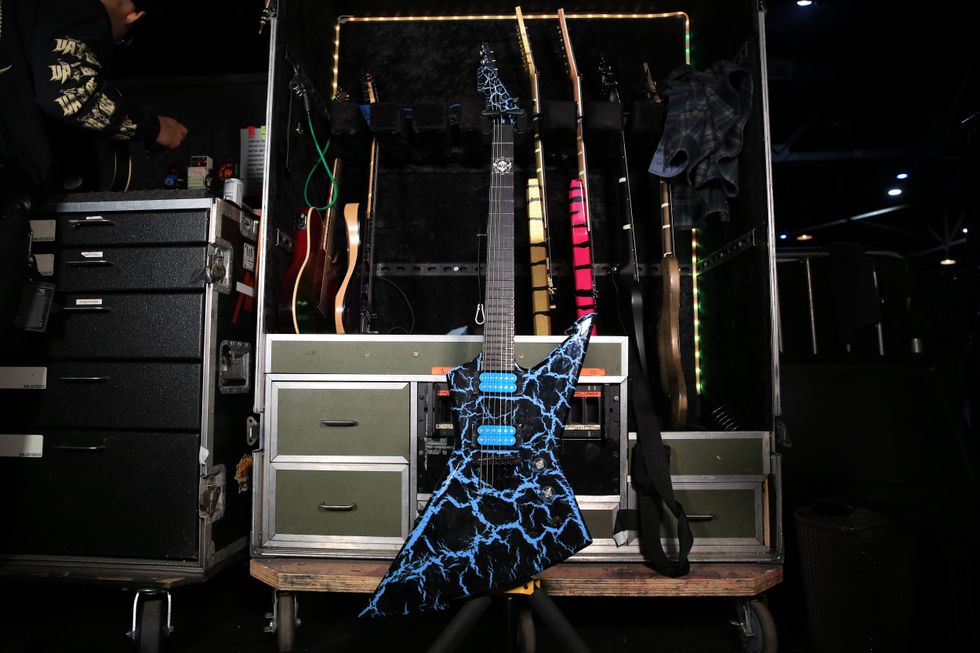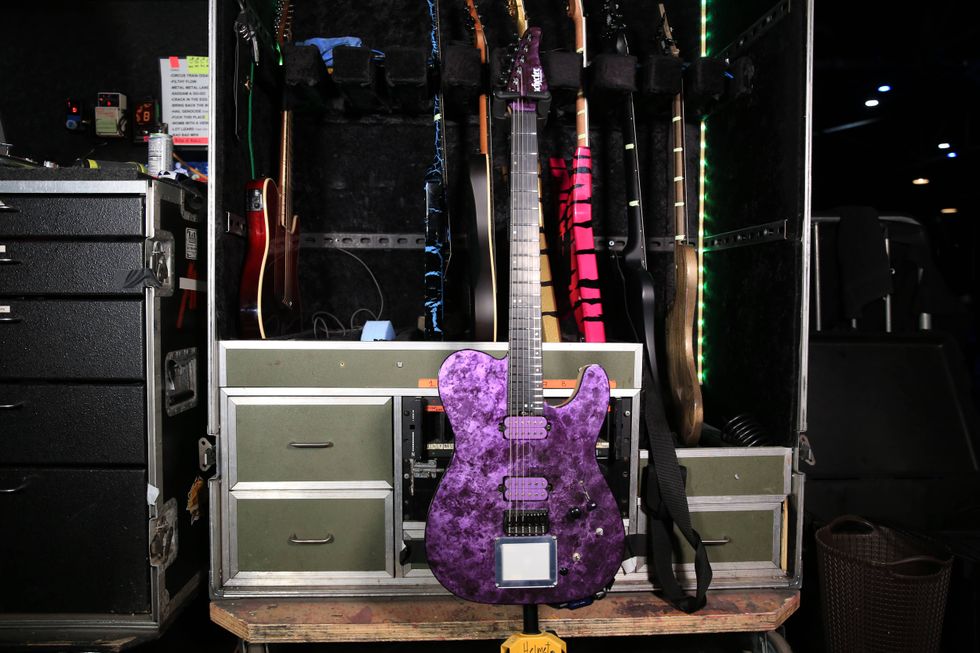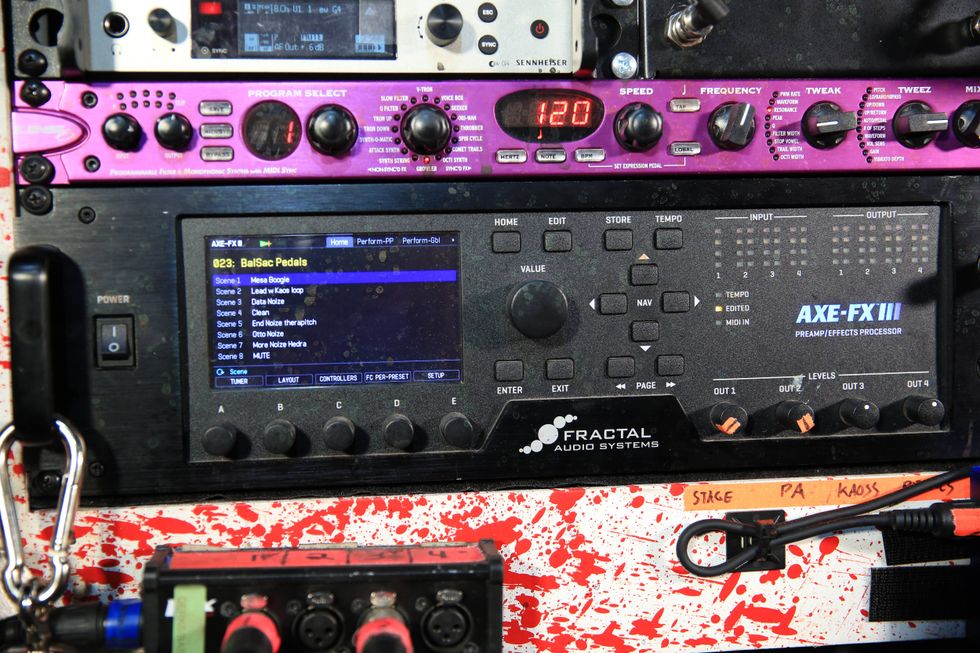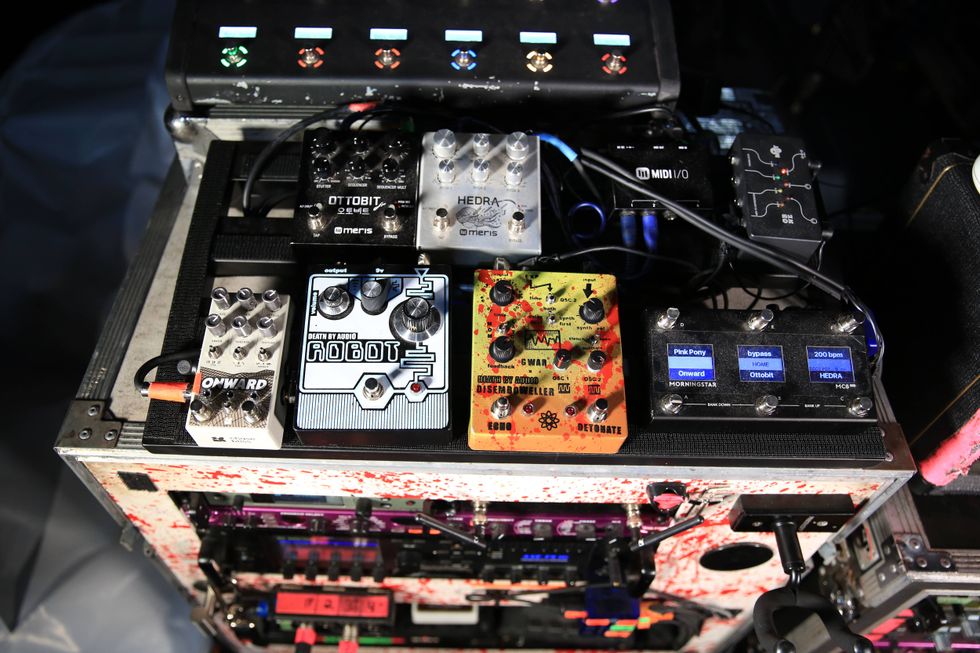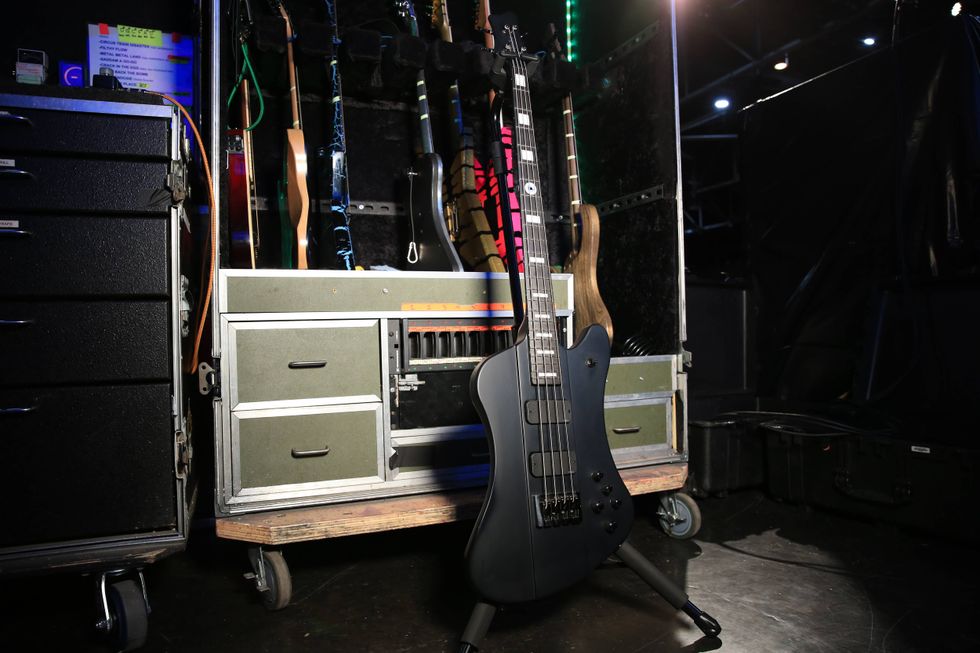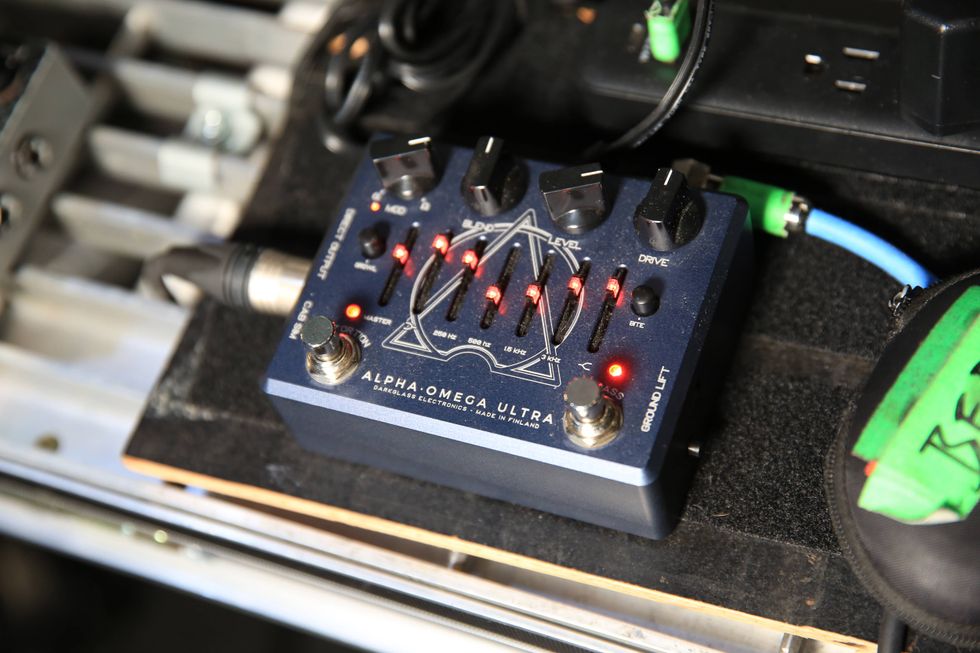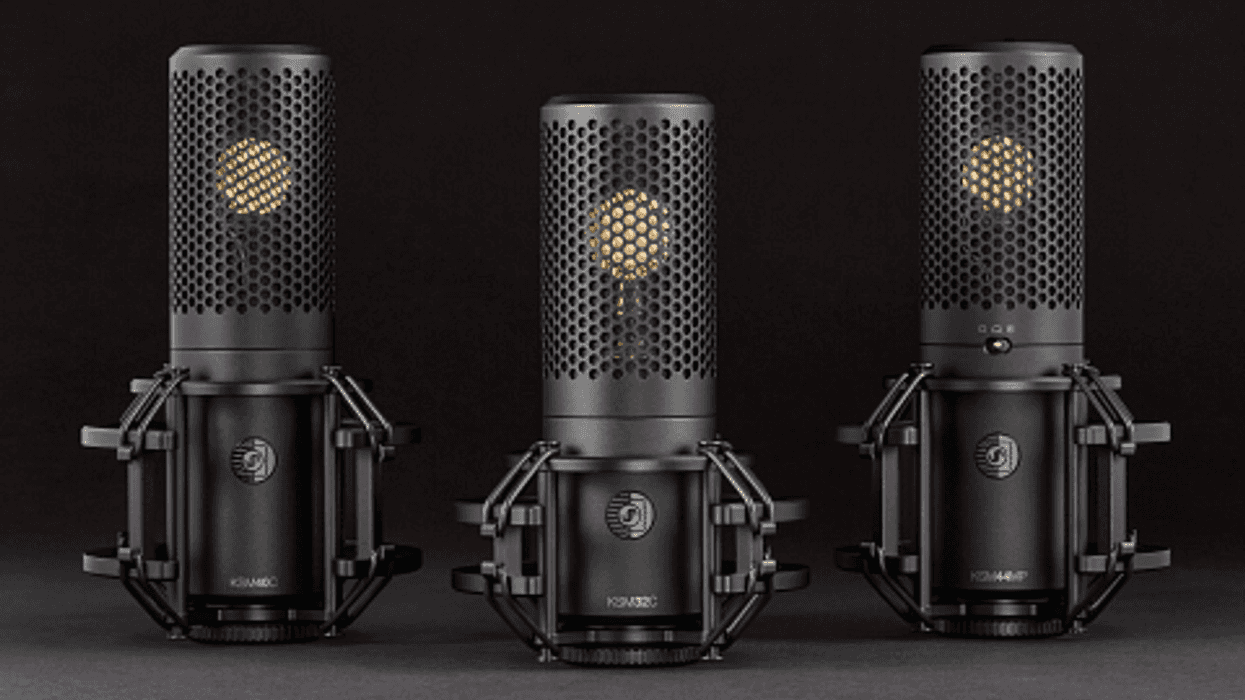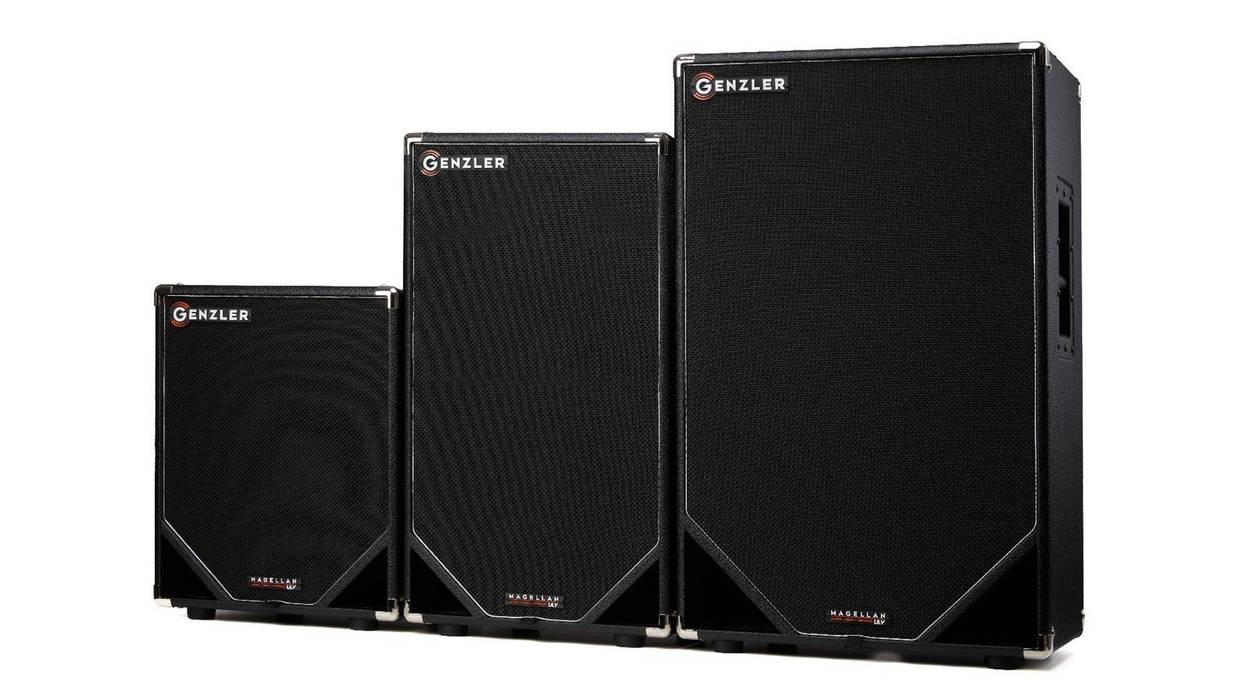Longer ago than I care to admit, I attended a
seminar with one of my all-time favorite pickers,
Howard Roberts. It was a two-day deal,
and for the most part I was too inexperienced
to have a clue about much of what he talked
about. But one thing that stuck in my head
(and I am sure he wasn’t the first to say this)
was to study your instrument—but, when you
go out to play the gig, forget everything you
know and just play. At the time, this seemed
completely unfathomable to me. How could
you forget what you know—and why in the
world would you want to? I guess the reason
it stuck was that it was so far off my does-not-compute
scale that I just had to file it till later.
It’s Later Than You Think…
Meanwhile, I was playing in bar cover bands
and waiting for my genius to be discovered
(I’m still waiting, by the way). One night
at the OK Lounge in Marion, Iowa, we
launched into our version of “I’m a Man” (a
la Chicago). During my solo I had what I can
only describe—and, believe me, I hate to say
this—as an out-of-body experience. I had no
sense that it was me playing and somehow, at
least in my head, I entered “the zone.” Before
I continue, I will splash some cold water on
this and say that I have no idea if anyone else
noticed—or even if what I played was actually
good. But the important thing is that it was
just the music sailing under its own power. I
had no sense that it was me doing anything. I
saw my hands doing things I didn’t think they
could do and I was amazed.
Years went by with a few repeats of that
moment. Like many, I was on a quest to find
my spiritual path in life. This finally led me to
some study of Buddhism. After a fair, though
not vast, amount of reading, lectures, and
retreat attendance, a couple of things dawned
on me. First off, Buddhism really should just
be a philosophy and not a religion—it seems
that was what the Buddha intended anyway.
So whatever your religion, Buddhism is worth
a look. Just skip past all the supernatural
stuff and look at the basic nuts and bolts of
what the guy said. One of my favorites: “Do
not dwell in the past, do not dream of the
future, concentrate the mind on the present
moment.” I can’t say it any better than that,
and it seems to me now that that was just
what Howard Roberts meant.
Another book I found along the way was pianist
Kenny Werner’s Effortless Mastery: Liberating
the Master Musician Within. This book has
caused quite a debate in online music newsgroups,
because Werner talks about telling
yourself that you are a master. Many people get
hacked off at this, saying they know they aren’t
masters and that so-and-so is a real master and
how dare anyone compare themselves to that
person and blah blah blah. They are missing
the point entirely. What Werner is saying is that,
whatever level you are at in your playing, own
it, be it, be in the moment. If you walk onstage
worried about how you don’t measure up to
whomever you regard as a master, it will be
impossible for you to play at the top of your
game, because you are wasting energy and
mind space with stuff that has nothing to do
with the present. He doesn’t mean you have to
think you are God’s gift to the guitar. When you
are practicing, you can compare yourself to Joe
Pass or Buckethead and decide that perhaps
they play better than you. Big deal. Just sit
down and start practicing.
Here’s a fact: No matter what guitar you own
or how much you practice, you will always just
be you—no more, no less. So we just need
to find peace with that and give ourselves
permission to be who we are. Someone (I
forget who) said that your style is made by
your limitations. It might have been Miles
Davis that said that, but it was certainly true
of him. Miles, for me, was one of the all-time
greatest musicians—but he wasn’t the fastest
trumpeter, nor did he have the highest range.
What he did have was great tone and a musical
sense that seemed to never fail.
Wile E. Coyote Syndrome
Watch out for your inner critic, because he
won’t help you. I’m talking about that voice in
your head that will list, at great length, all the
reasons why you can’t be a master—or even
play well…and what were you even thinking
being onstage…and these guys are better than
you so what are you doing here…and…HELP!
Remember the old Road Runner cartoons?
There was always a moment when Wile E.
Coyote would go off a cliff and run through
the air. Then he inevitably looked down and
had that moment of “Oh no!” and down he
fell. The zone can be the same way. When
you have that out-of-body feeling and you’re
soaring, the critic inside you can shoot you
right down. Practice playing and just having
the critic shut up. At first you may only be
able to make it go away for a second, but try
to remember how it feels so you can try to
expand the feeling. Don’t think about expectations.
No worries about playing faster or being
cool/hip/rad or whatever. Remember, we are
just talking about feelings here, so pay attention
and find your way through. (I so want to
say “Use The Force,” but I won’t).
Being in the zone means you are there for
whatever happens. You are locked into the
present moment.
Relax.
Breathe.
And just be…there.
Pat Smith
Pat Smith founded the Penguin Jazz Quartet and played Brazilian music with Nossa Bossa. He studied guitar construction with Richard Schneider, Tom Ribbecke, and Bob Benedetto, and pickin’ with Lenny Breau, Ted Greene, Guy Van Duser, and others. Pat currently lives in Iowa and plays in a duo with bassist Rich Wagor.


